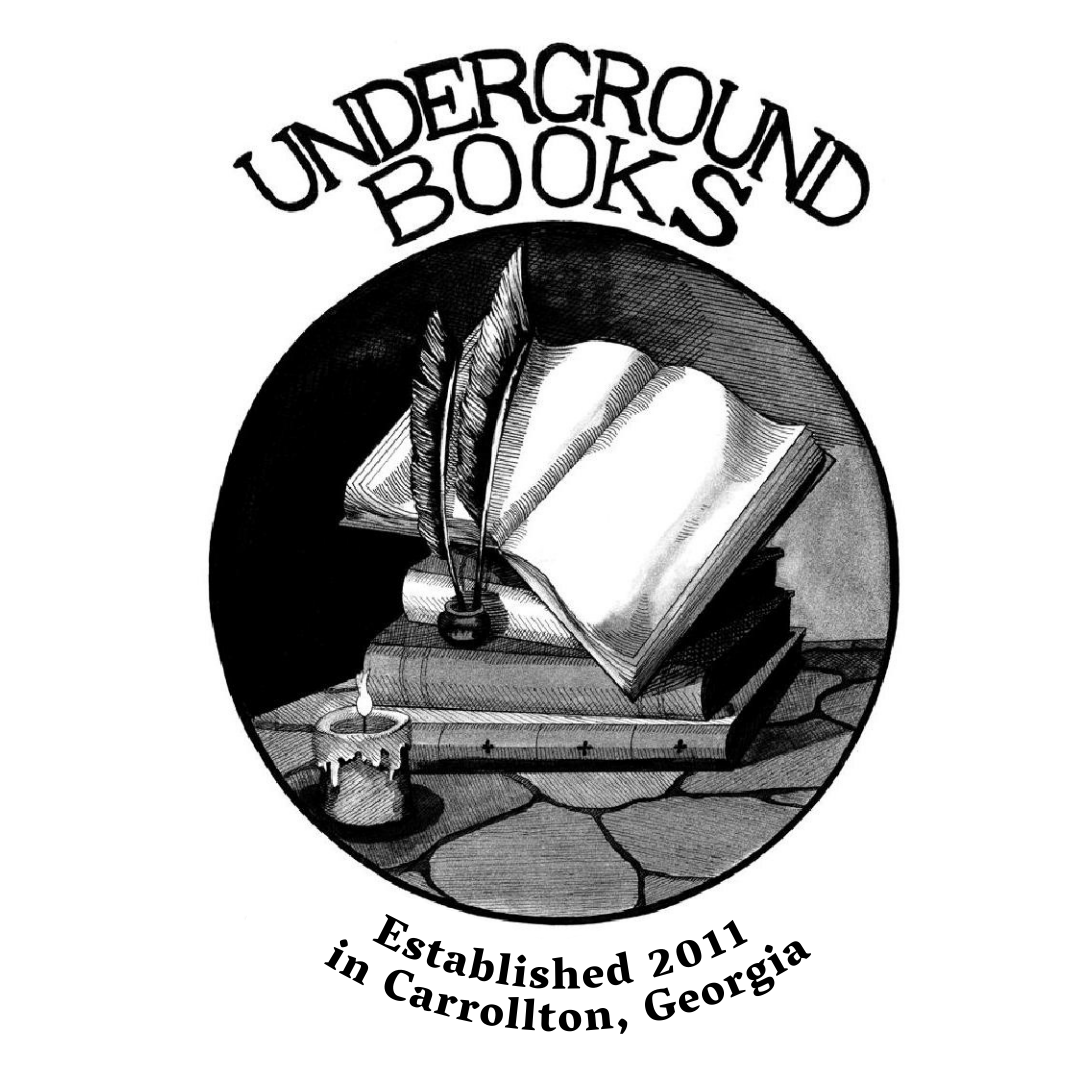Hardcover
2005 · Indianapolis
by Grotius, Hugo; Hakluyt, Richard (Trans.); Armitage, David (Ed./Intro.); Tuck, Richard (Ed./Intro.);
Indianapolis: Liberty Fund, 2005. Hardcover. Very good/very good. Hardcover. 9 1/4" X 6 1/4". Very mild shelf wear to covers, corners, and edges of unclipped dust jackets. Volumes are bound in red and orange cloth over boards with spines backed in black and lettered in silver. Decorative gray sprayed edges. Pages are clean and unmarked. Bindings are sound. The Rights of War and Peace are edited and introduced by Richard Tuck from the edition by Jean Barbeyrac. The Free Sea is translated by Richard Hakluyt with Willam Welwood's critique and Grotius's reply. An overall clean, attractive set of 4 books on the major legal and political works of Hugo Grotius.
(truncated)
(truncated)











